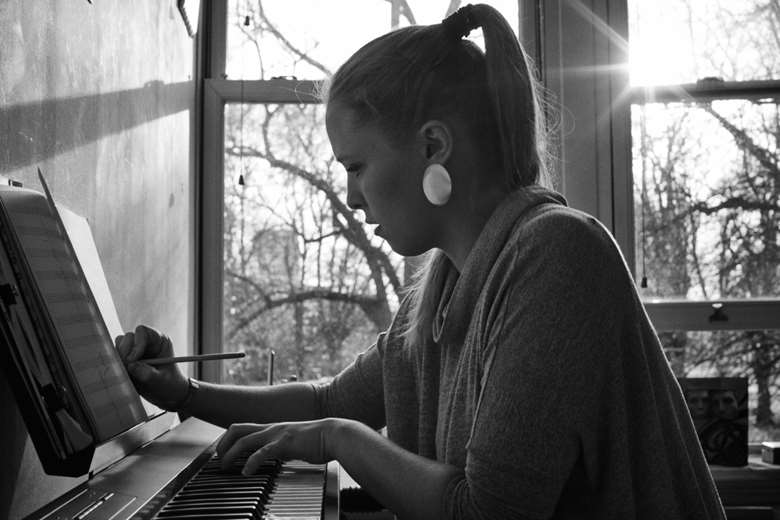'I’ve missed hearing things that have only existed in my head come through my ears': Dani Howard on composing through lockdown
Dani Howard
Tuesday, June 22, 2021
Dani Howard on finding inspiration in lockdowns and quarantines ahead of the premiere of her latest Trombone Concerto, written for Peter Moore and the Royal Liverpool Philharmonic


Register now to continue reading
Don’t miss out on our dedicated coverage of the classical music world. Register today to enjoy the following benefits:
- Unlimited access to news pages
- Free weekly email newsletter
- Free access to two subscriber-only articles per month